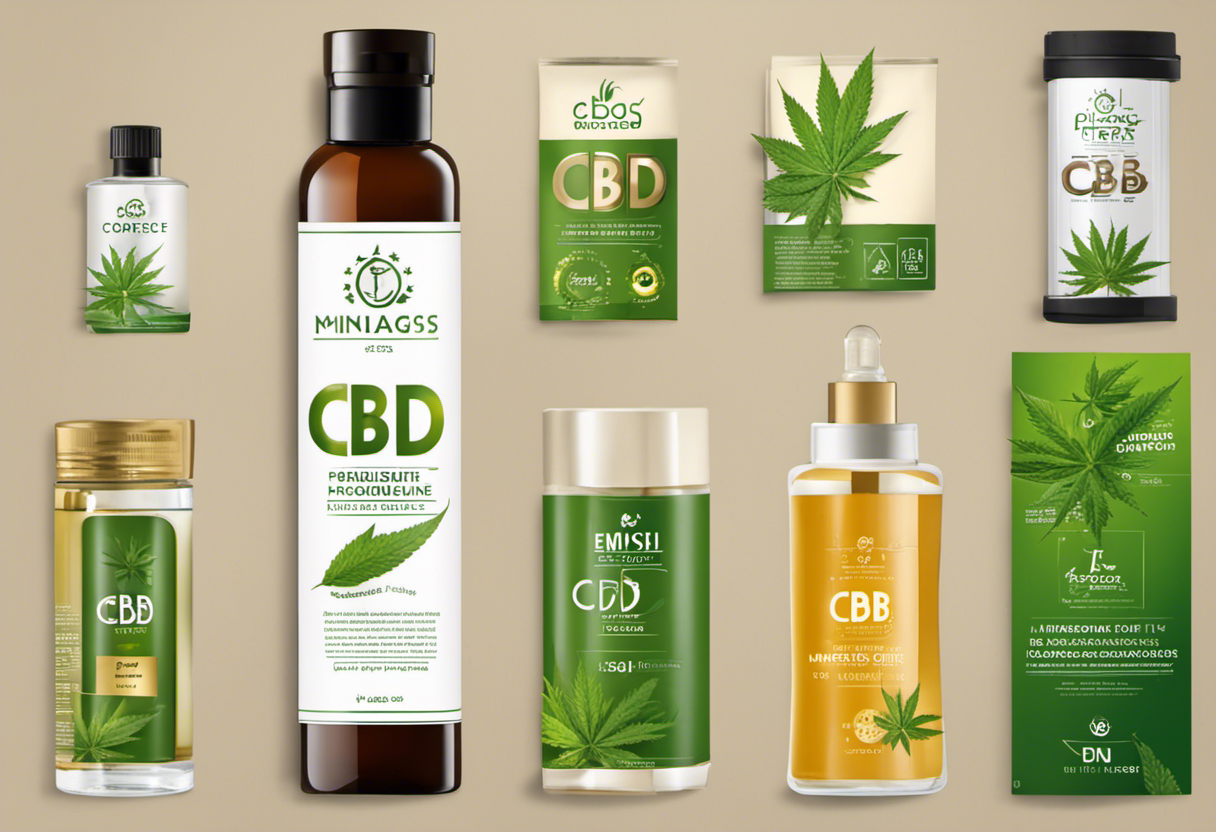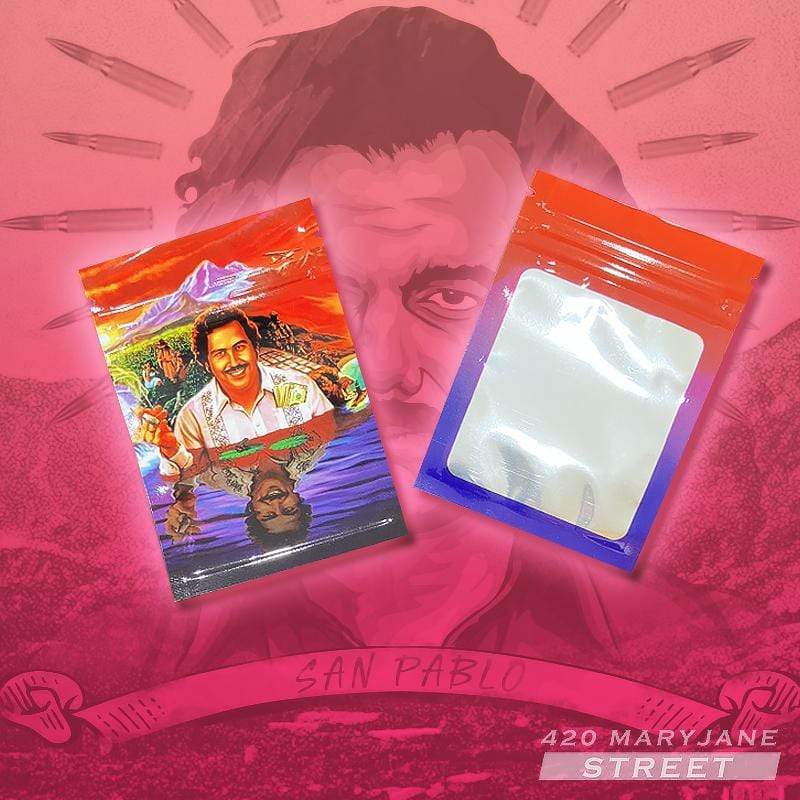
- CBD Product Packaging Law
- Safety standards for packaging CBD products
- CBD product labeling regulations
- Compliance checks for CBD product packaging
- Legal Liability Related to CBD Product Packaging
- Health risks associated with inappropriate packaging of CBD products
- Legal obligations for CBD product packaging manufacturers
- Role of regulatory authorities in regulating the packaging of CBD products
- Good packaging practices for CBD products
- The legal consequences of non-compliant packaging for CBD products
CBD, or cannabidiol, has become a very popular product in recent years due to its many beneficial properties for health and well-being. However, like any marketed product, CBD products must follow certain packaging regulations. In this article, we will look at the different laws and safety standards that govern the packaging of CBD products, as well as the legal obligations of packaging manufacturers. We will also discuss the legal consequences and health risks associated with improper packaging. Finally, we will discuss good packaging practices for CBD products and the role of regulatory authorities in their supervision.
CBD Product Packaging Law
CBD products are subject to specific regulations regarding their packaging. In many countries, manufacturers and distributors of CBD products must comply with strict laws to ensure their packaging meets required safety and information standards. For example, in France, the packaging of CBD products must comply with the provisions of the Public Health Code and the Customs Code.
Safety standards for packaging CBD products
CBD product packaging must meet high safety standards to ensure product integrity and consumer protection. These standards include requirements for strength, sealing and protection against contamination. Packaging manufacturers must comply with specific criteria, such as the use of materials suitable for preserving CBD and the absence of harmful substances.
CBD product labeling regulations
In addition to safety standards, CBD products must also meet strict labeling regulations. Package labels must provide clear and precise information on the product, including its composition, its CBD dosage, precautions for use, possible adverse effects, the expiry date, and the name and address of the manufacturer or of the distributor. This information is essential to inform consumers and enable them to make informed choices.
Compliance checks for CBD product packaging
Competent authorities regularly carry out compliance checks to ensure that CBD product packaging complies with current regulations. These controls can cover different aspects, such as checking the conformity of labels, analysis of the packaging materials used and product traceability. In the event of non-compliance, sanctions may be taken against manufacturers or distributors.
Legal Liability Related to CBD Product Packaging
CBD product packaging manufacturers have an important legal responsibility. They must ensure that their packaging complies with current regulations and does not mislead consumers. Failure to comply with regulations can result in manufacturers being held liable and subject to legal action.
Health risks associated with inappropriate packaging of CBD products
Inappropriate packaging of CBD products can pose health risks to consumers. For example, packaging that does not guarantee the tightness of the product can lead to deterioration of the CBD and loss of effectiveness. Additionally, if packaging materials contain toxic substances, these may migrate into the product and pose a health hazard.
Legal obligations for CBD product packaging manufacturers
CBD product packaging manufacturers have a legal obligation to provide packaging that complies with current regulations. This means they must choose suitable materials, follow safety and labeling standards, and ensure that packaging effectively protects the product and the consumer.
Role of regulatory authorities in regulating the packaging of CBD products
Regulatory authorities play an essential role in regulating the packaging of CBD products. They establish the regulations in force, carry out compliance checks and take action in the event of non-compliance with standards. Their objective is to guarantee product safety and consumer protection.
Good packaging practices for CBD products
To ensure compliance and safety of CBD products, it is necessary to follow certain good packaging practices. For example, choose opaque packaging to protect the CBD from light, use suitable containers to avoid deterioration of the product, and check compatibility between CBD and packaging materials to avoid contamination.
The legal consequences of non-compliant packaging for CBD products
Packaging that does not comply with current regulations can result in legal consequences for manufacturers and distributors of CBD products. They may be subject to legal proceedings, fined or administrative sanctions, or even have their products withdrawn from the market. It is therefore crucial to comply with packaging regulations to avoid these undesirable consequences.
In conclusion, the regulations concerning the packaging of CBD products are essential to ensure consumer safety and compliance some products. Packaging manufacturers have a legal obligation to comply with these regulations, providing packaging that meets safety and labeling standards. Regulatory authorities play a central role in monitoring compliance and enforcing sanctions in the event of non-compliance. The legal consequences and health risks associated with improper packaging highlight the importance of following these regulations to ensure the quality and integrity of CBD products. Finally, by following good packaging practices, manufacturers can offer quality CBD products, while complying with current regulations.









